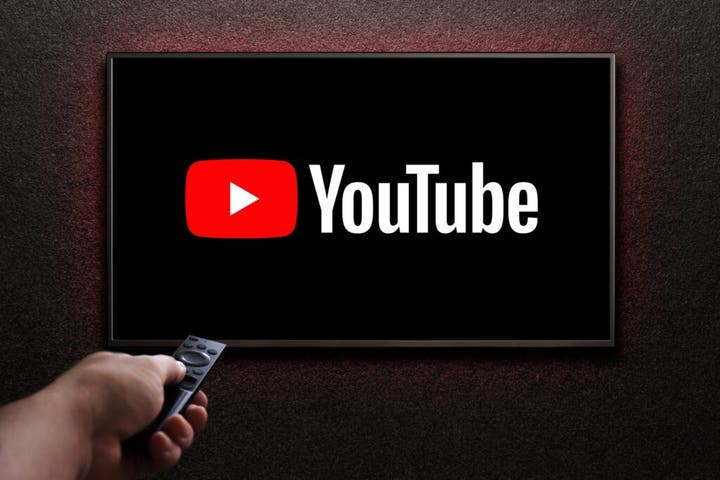
The Impact of YouTube's New Policy on Crypto Content


YouTube announced at the end of last month that it has expanded its restrictions on online gambling content, raising concerns among cryptocurrency and gaming content creators. These content creators fear that the new policy might bring a comprehensive ban targeting crypto gaming content.
Cryptocurrency content creator Leevai described this change as "a direct attack on Web3 games and Counter-Strike skins," saying, "The end of an era... I discovered NFTs through YouTube." He added, "I guess it's TikTok time now."
YouTube announced that starting November 17, it will ban content that directs viewers to gambling sites offering products with "monetary value." This includes elements such as video game skins, cosmetics, and non-fungible tokens. However, the platform quickly clarified its position, with a company spokesperson stating that the concerns were exaggerated.
The statement indicated that video game skins or cosmetics earned through gameplay would not be removed, and that discussions about elements like NFTs that have real-world value would continue. It seems that the root of the issue lies in the increasingly blurred lines between gaming and gambling in modern digital entertainment.
Cryptocurrency gaming content creator Iceyyy assessed the situation, noting that the rise in gambling content on social media led to YouTube's update. "This is a reasonable and healthy development. I don't believe that regular crypto content will be largely affected," he said.
Another cryptocurrency content creator, Gorilla, acknowledged the complexity of the situation, stating that the volatile nature of NFT and meme coin trading could be perceived as gambling. However, he noted that the policy change targets gambling sites, not legitimate crypto gaming experiences.
The gambling industry has established extensive partnerships with celebrities in entertainment and sports, while online content creator Stephen Findeisen (also known as “Coffeezilla”) revealed that he received a massive offer. Findeisen stated that a licensed sports betting entity offered him a seven-figure sum to cover legal expenses in an ongoing lawsuit.
In his YouTube video titled “Investigating the Online Gambling Epidemic,” Findeisen highlighted the gambling connections of celebrities like Drake and Kevin Hart by showcasing images of them working as plumbers. In recent years, sports betting has rapidly spread in the U.S., with 39 states having legalized sports gambling. However, according to data from the Pew Research Center, now 43% of adults view sports betting negatively for society, up from 34% in 2022.
Image: Shutterstock
Benzer Haberler
.png)
Yakında Tüm Platformlarda
Sizlere kesintisiz haber ve analizi en hızlı şekilde ulaştırmak için. Yakında tüm platformlarda...







.png)